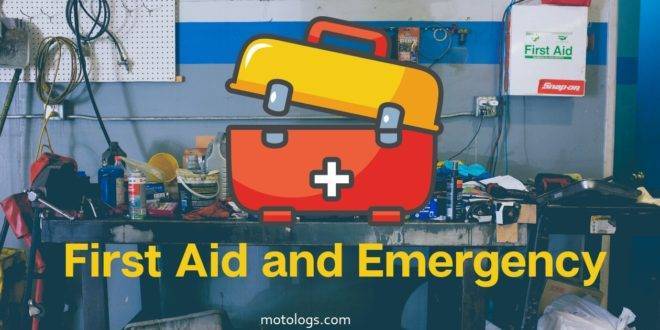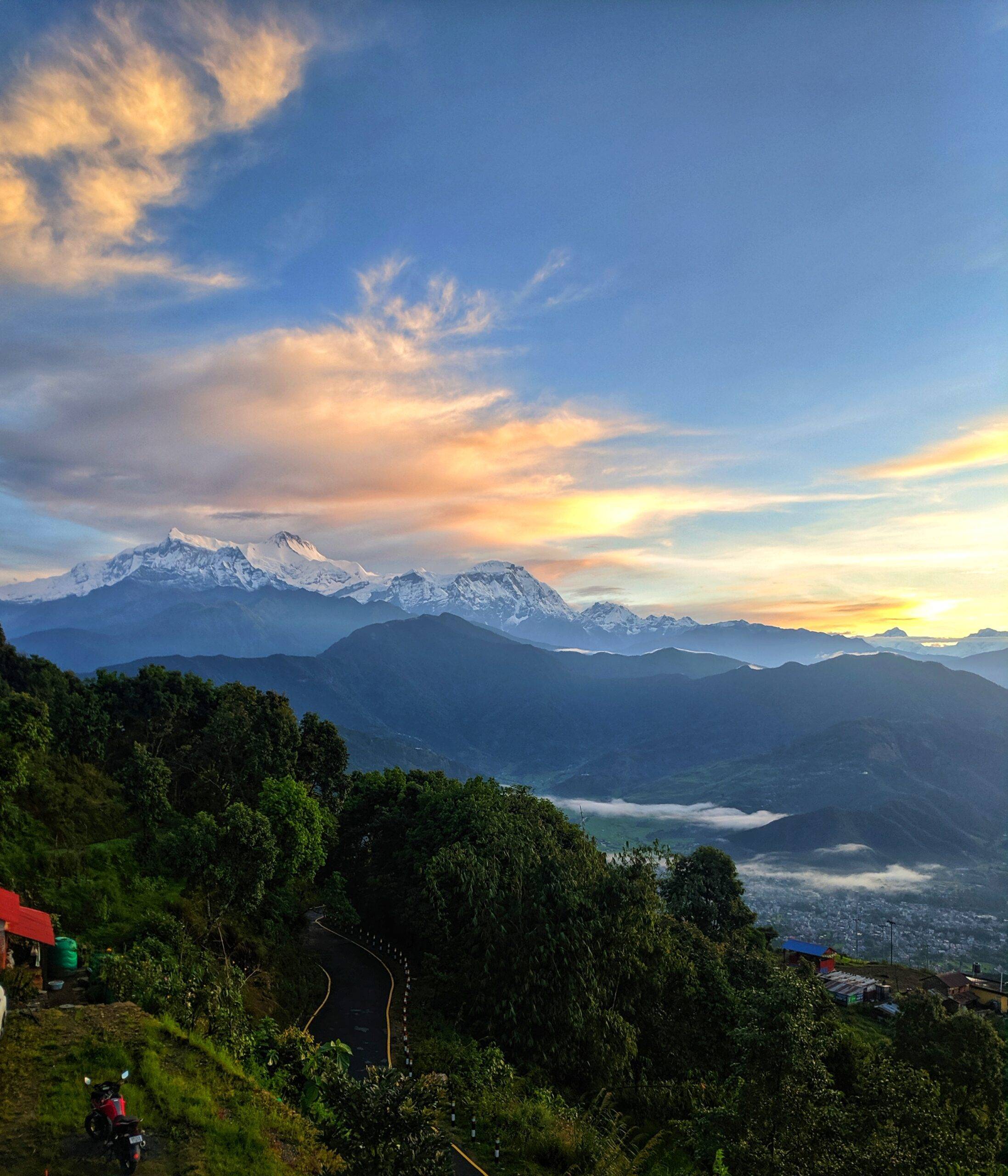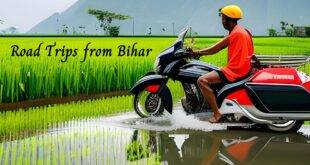Last Updated on October 5, 2020 by motologs
Road Trips are fun when you follow all the rules and give priority to safety. If it’s not safe then it’s not worth it. Putting your own well being at risk is not the kind of road trip anyone wishes to have. There are several safety procedures that you should be well versed with including the correct medicine for specific symptom or ailment. While consulting a doctor as soon as possible should be your goal, you should know what to do in case of an emergency.
First Aid & Emergency tips to follow for a successful Road Trip in India
Road safety is particularly important for Asian countries where the rules are often flouted and the roads are dangerous. Always be a good samaritan when on a road trip. Here is a compilation of all the essential list of medicines and emergency assist techniques you will need while doing road trips in India.
The things that you should carry depends upon many different factors like destination, route, health history, and season. However, there is a common list of must-have over the counter medicines for emergency use.
You should carry common medicines in small quantities. It would be better to keep them separately in a box and tucked anywhere in your bag that should be easily accessible. There are many well designed and compact first aid kit boxes available online.
Here are a list of essential medicines to carry on a road trip.
- Antibiotics eg. Amoxicillin
- Antipyretics eg. Paracetamol
- Analgesics eg. Aceclofenac
- Antimicrobial creams eg. Neosporin
- Antinausea eg. Ondansetron
- Medicine for altitude sickness eg, Diamox
- Medicines for Diarrhea eg. Loperamide
Please consult your doctor or pharmacist before you finalize the medicines you should be carrying for a road trip. The list mentioned above is some of the most common and over the counter medicines available without any prescription. There could be more requirements based on your physical health condition.
Apart from these common medicines, you should also carry Sunscreen, Moisturizers, Cotton Swabs, Bandages, and a few Handyplasts for emergency use.
Now with COVID 19 becoming a norm, we all must carry our own Hand Sanitizer and Masks for safety. Make sure you sit and stay at clean places while taking stops during your road trips.
You must understand the concept of high altitude sickness. Never gain a lot of altitude within a day when driving up the mountains. The body needs adjustments to cope up with lower levels of oxygen at higher altitudes. I have personally experienced how bad it can be when doing a road trip to the Upper Mustang region of Nepal. I along with my co-rider amateurishly gained over 1800m of altitude within a day and were hallucinating at night struggling against low oxygen levels and extreme cold at 3700m above sea level. We barely survived. We rushed back to the lower altitudes the very next morning to recover.
You must learn common life-saving skills like Mouth-to-Mouth resuscitation (MTMR) & Cardiopulmonary resuscitation (CPR). Know the basics of how to do the first aid in case of an accident. Also, understand the importance of concussions and delayed concussions. It does not matter how qualified you are but you should have at least a basic understanding of these life-saving techniques. They are fairly simple but can save lives in emergencies when traveling on a road trip. If you meet an accident, then make sure you check for yourself first before helping others.
If you are not feeling well, make sure you make a stop until you fully recover. Health is more important than pushing for the destination.
 MOTOLOGS Road Trip and Travel Guide
MOTOLOGS Road Trip and Travel Guide 




3 comments
Pingback: 101 Things I learnt on Road Trips in India
Pingback: How to plan a Road Trip to view Mount Everest - India to Nepal -
Pingback: How To Get North Sikkim Bike Permit - Step By Step Explained